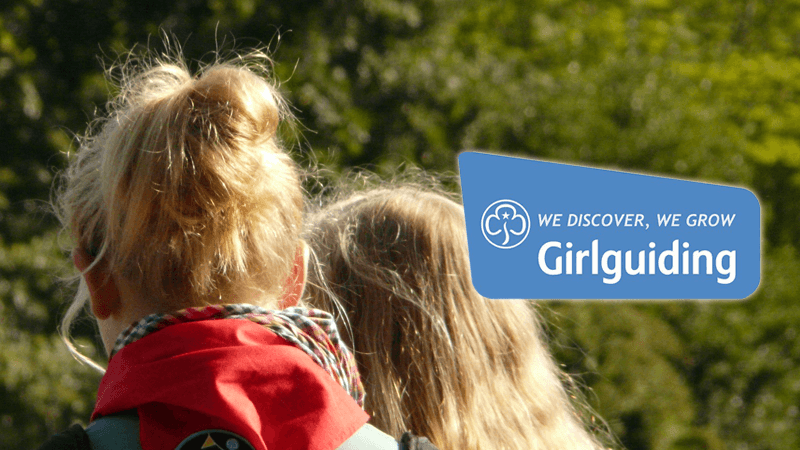Girlguiding UK puts trans agenda above protecting young women

Last year Girlguiding UK opted to let men join as leaders – if they feel they have been born in the ‘wrong’ body.
Likewise, boys who say they are girls could use female toilets, changing rooms, tents and showers. If this were not enough, in both instances the organisation advised leaders not to tell parents if their daughters would be affected.
The Guide Association caters for girls aged 4-7 (Rainbows), 7-10 (Brownies), 10-14 (Guides) and 14-18 (Rangers). So under the policy men aged 18 and over could share the same facilities as a young girl without her parents’ knowledge.
Now they have sacked at least two local guide group leaders for expressing concerns.
Silenced
The safety of thousands of girls is being trampled on to satisfy the demands of a miniscule number of trans activists. And those who speak out to raise concerns are being silenced.
If Girlguiding can no longer be for girls, what is it really for?
It is all a far cry from the origins of the Guiding movement, formed in response to a small band of eager young pioneers keen to have ‘something for the girls’.
This ‘girls only’ space is no more – aided and abetted by a national leadership more interested in showing off their political correctness credentials than protecting the half a million young women it claims to represent.
Allowing men to join as leaders if they ‘self-identify’ as women, allowing boys to share showers and sleeping facilities, tells these girls that their womanhood – as well as their safety – is of secondary importance to the trans agenda.
Sacking long-serving leaders for raising concerns tells these girls that they should not speak their mind on issues where they have serious and legitimate concerns and if they do they can expect to be silenced.
Marginalised
Parents are already being kept in the dark. They may have to give permission for photos to be taken of their daughters but not, it seems, for boys to sleep in the same rooms as them. So much for informed parental consent.
All who believe that God made us ‘male and female’ are marginalised and excluded. That will include many of the Guide groups which operate via churches. But those families who simply refuse to deny the reality of biological sex will also be affected.
Parents are already being kept in the dark.
The very few people who believe they are ‘trapped in the wrong body’ need our help, our respect and our friendship. They should receive it. However, this should not come at the price of the girls themselves, their parents and dissenting leaders.
The end result of all this will surely be to the detriment of the Girlguides movement. Most girls aren’t going to feel comfortable having a boy in these private spaces, parents will pull out their daughters when they find out. If Girlguiding can no longer be for girls, what is it really for?
A version of this article first appeared in the Belfast Newsletter.
What Girlguiding UK says:
Girlguiding aims to support all girls and young women. This is understood in terms of the way a person self-identifies their gender identity – a person’s inner sense of self.
A transgender person is someone who feels that the sex they were assigned at birth (male or female) does not match or sit easily with their sense of their own gender. Trans people include:
• those who were assigned male at birth whose gender is female (trans women)
• those who were assigned female at birth whose gender is male (trans men)
• those who do not identify as ‘male’ or ‘female’ (non-binary people).
‘Gender reassignment’ is when a person takes steps to alter the outward expression of their gender so that it better aligns with ther (sic) sense of who they are or, in other words, their identity.
If a child or young person self-identifies as a girl or young woman then they are able to join any of our youth sections appropriate to their age.
If an adult self-identifies as a woman then they are able to undertake all adult roles in guiding and may, if they wish, make their Promise.”
Sharing accommodation – young trans members should be able to share accommodation with other young members if they wish. Some trans people may not feel comfortable sharing accommodation so in this case an alternative option should be provided.
Using facilities – the use of gendered facilities, such as toilets and showers, can be a cause of anxiety in trans young people. Members are entitled to use the facilities of the gender that they self-identify as.
It is not a requirement – or best practice – to tell parents that a trans person will be attending a residential event.
Source: www.girlguiding.org.uk
